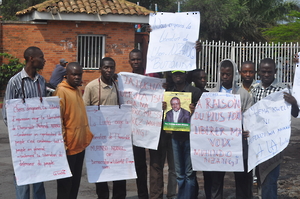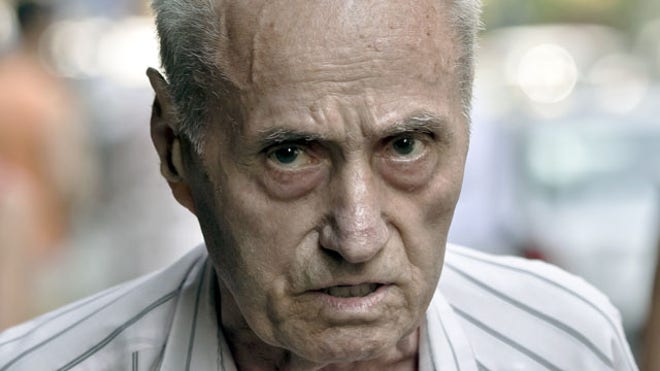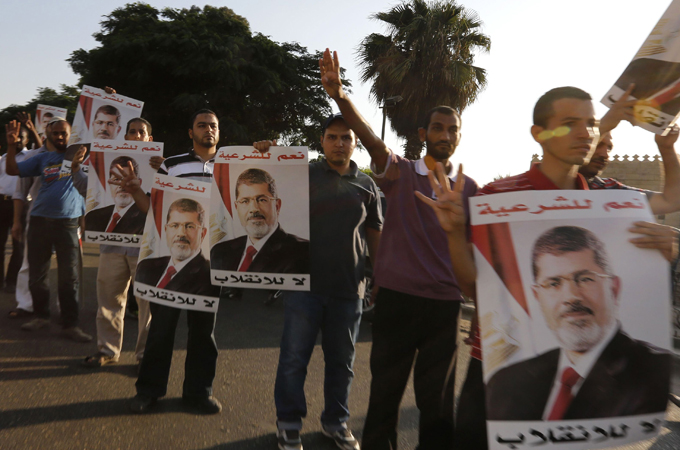by Michael Yoakum
Impunity Watch Reporter, North America
WASHINGTON, D.C., United States – President Obama stated Wednesday that the “red line” drawn against Syria came not from him but from international treaties and Congressional action. The President added that in deciding whether to intervene in Syria, the credibility of Congress and the international community is on the line.

The President’s statements came hours after news that the Senate Foreign Intelligence Committee completed a draft of a bill that would authorize limited military force against Syria for 90 days.
The proposed legislation would ban the deployment of US troops in Syria except in the event of rescue missions. Additionally, the White House would be required to send Congress a plan for diplomatic solutions within 30 of the start of military operations.
President Obama’s call for authorization of force by Congress has split the GOP membership of whether to support such a resolution.
Two top House Republicans, Speaker John Boehner and House Majority Leader Eric Cantor, pledged Tuesday to endorse the President’s call for military intervention.
The Washington Post reported that a hearing to mark up the resolution was delayed by news that Sen. John McCain opposed the draft. Sen. McCain is one of the leading GOP voices on issues of national security.
Amidst this news, President Obama was asked Wednesday what he would do if Congress refuses to authorize the use of military force. The President responded “I believe that Congress will approve it.”
Russian Prime Minister Vladamir Putin warned the US and its allies against unilateral action in Syria. Putin said that acting without authorization from the UN Security Council “can only be interpreted as an aggression.”
Russia, a permanent member of the UN Security Council, is expected by analysts to oppose any resolution for UN intervention in Syria. However, the Prime Minister said Wednesday that Russia has not ruled out supporting a UN Security Council resolution authorizing force.
For more information, please see:
BBC News – Russia’s President Putin warns US over Syria action – 4 September 2013
CNN – Obama: Red line on Syria is the world’s, not his – 4 September 2013
NBC News – Russia’s Putin warns US against ‘aggression’ in Syria without UN approval – 4 September 2013
The Washington Post – Officials press lawmakers to approve Syria strike; Obama invokes Congress’s credibility – 4 September 2013
USA Today – Obama: Congress, world credibility on the line with Syria – 4 September 2013



